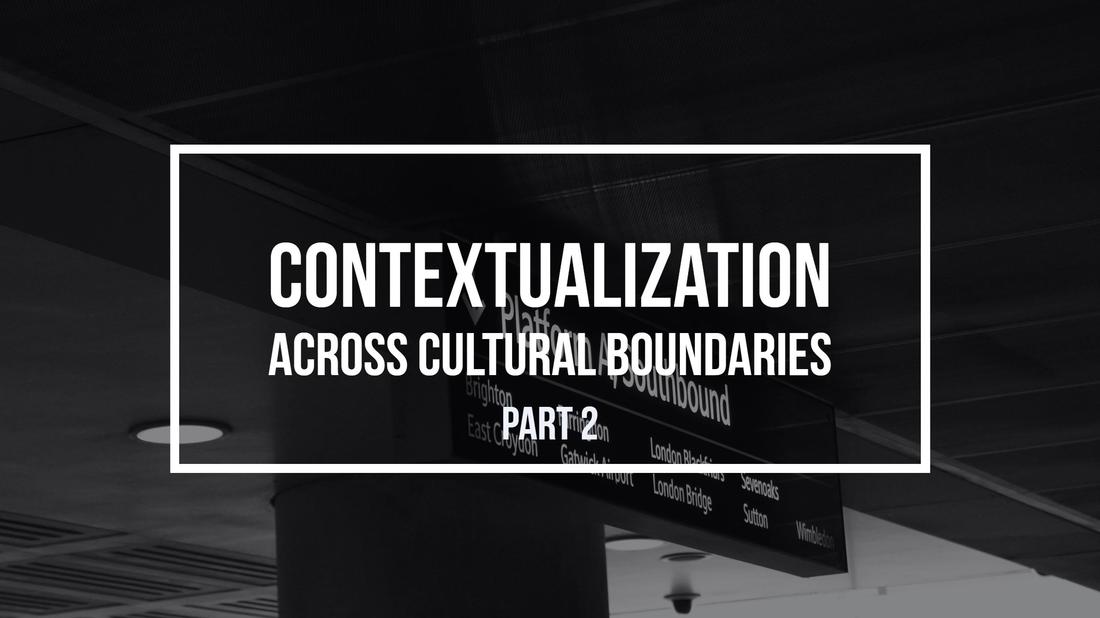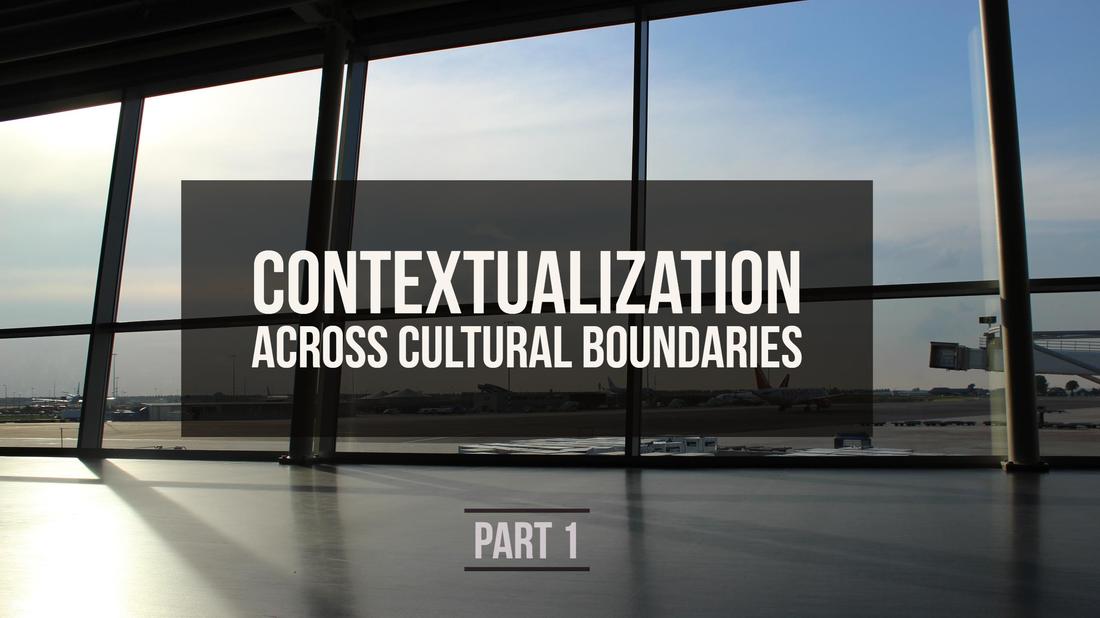|
This week's blog post consists of updates from three spring break teams that went out from Bob Jones University to minister in Michigan, California, and Ohio. We're so thankful for the impact they and others have made for the gospel during this one short week!
Phi Kappa Pi in Detroit, MI Today was the first day on our society’s mission trip to Detroit. We have the amazing opportunity to shadow and learn from leaders that have planted and revitalized churches in inner-city Detroit. This morning came early as we got up to meet with Pastor Dave Doran who gave us two amazing lectures on the biblical vision of church planting. He walked us through Scripture, pointing out God’s command concerning the importance of church-planting in our lives. Once we were finished, Aaron Berry took us out to a Mexican restaurant for lunch. While this restaurant showed us a small part of the incredible diversity in the city, David Doran Jr. later opened our eyes to a significantly larger understanding of how diverse Detroit really is. David is a church planter who has such vision for making disciples for Jesus. The passion this pastor has for winning souls for Christ is inescapable. He is a living testimony to all of us, and an example we should all follow. We saw the different social classes as well as the different religious backgrounds of Detroit while David shared his burden for all of them. We saw such a need here in Detroit today, but God is sovereign and we can find hope in this truth as we seek His will for our lives, whether that’s here in the inner-city of Detroit or not. To finish our day, the seven of us were split up and taken to Gospel Community groups which are a part of Inter-City Baptist Church. We all enjoyed the fellowship we had with fellow believers and getting to know their stories of how God led them to Detroit. Tomorrow is approaching soon and we all must get rest as God has much in store for the following day. Zeta Chi in San Francisco, CA Yesterday we were able to tour San Francisco with Pastor Innes and Pastor Pelletier. The weather was absolutely perfect. We got to visit the Golden Gate Bridge and several popular tourist locations around the city. It was kind of a "vision casting" day to allow us to see the city and understand the culture better. It definitely gave us all a burden for the city and the people. Today, we are spreading out to different coffee shops and places around the church to share the gospel and spread word about the church. It's very rainy today, and that's pushing a lot of people inside. Obviously, relationship evangelism is difficult in such a short time frame, but we have tracts and New Testaments to hand out. I just spent about an hour and a half talking to an elderly man named James. We talked about politics (of course), San Francisco, California taxes, and the Bible. He quickly asked the common questions like, "what about the people in the jungle that never hear…," but he allowed me to share the Gospel with him and do my best to answer his question. I left him with a New Testament and a tract as well as my email address. I hope he contacts me with questions. Later, we are going to visit a construction site adjacent to the church during the workers' lunch break. We will invite them to the church and advertise a children's ministry that will start in a few weeks. We've had a great start to the trip. God has given us safety and a great place to talk about Him with others. Chi Alpha Pi in Orrville, OH Chi Alpha Pi has always been a society that loves to serve. When the opportunity arose to embark on a mission trip to Ohio to minister to a local church, seven Cavaliers jumped at the chance. Cross View Church, located in Orrville, Ohio, was started in 2015 and is currently being pastored by Bob Jones University graduate John Marino. The Cavaliers’ main goal is to host a community kids program (titled Friday Fun Night) to present the Gospel message. The night will include games, songs, Bible verse memorization, and most importantly, a clear presentation of the Gospel. While planning the community kids program, the Cavs team members have kept themselves busy with landscaping and other yard work. On Wednesday, the team assisted an elderly couple from the church with a few outdoor projects. One of the other larger projects the team began was clearing seven pine trees and two oak trees from Pastor Marino’s front and back yards. The team hacked and chain-sawed away from morning till dusk on Thursday, and most of the day on Friday. Aside from the kids’ program and lumberjacking projects, the Cavs have enjoyed time encouraging the church and one another in Bible studies and fellowship in song. The Cavs have specifically enjoyed the hospitality and encouragement of the Bauman family, praising God with hymns and sharpening one another in the Word. During the Sunday services, the team will minister to the church in musical ensembles and help host a college and career night at the Bauman’s in the evening. On Monday, the Cavs will set off to Greenville again – spiritually refreshed and encouraged after ministering to fellow brothers and sisters in Christ.
0 Comments
Dr. Ted Miller, School of Religion FacultyThis is part two of a three-part series. Check out part one.
God’s intention to manifest his kingdom beyond the national and cultural boundaries of Israel became increasingly evident throughout the Gospels and Acts. In spite of Jesus’ focus on the “lost sheep of the house of Israel” (Matt 10:6, 15:24), He gives strong hints from the beginning of his ministry that God’s love and attention was not limited to the descendants of Abraham. Jesus began his ministry by identifying himself as God’s anointed one, the long-awaited Messiah (Luke 4:16, cf. Is 61:1-2). In a striking change of tone, He prophesies that his own people will reject him (4:23), nonetheless explaining that God’s compassion had never been limited exclusively to Israel. He reminds them that a widow from Sidon and a leper from Syria were the special recipients of God’s provision and healing, even though there were certainly many widows and lepers during the days of Elijah and Elisha. After his resurrection, Jesus gave his disciples clear instructions that they were to make disciples far outside of the boundaries of Israel (Matt 28:19-20, Acts 1:8). However, an implication regarding the cultural manifestation of the kingdom did not become explicit until the conversion of Cornelius, which Peter later recounts to end the debate whether the Gentiles needed to be circumcised (Acts 15:1-2). James concludes the argument by noting that God had promised before to build again the house of David, was for the purpose “that the residue of men might seek after the Lord, and all the Gentiles” (Acts 15:17). The Judaizers did not merely misunderstand the basis of salvation, but also the nature of God’s Kingdom. Circumcision was more than merely a “good work” that they wished to impose on Gentiles; it was the divinely ordained means by which a Gentile could enter into the cultural and religious life of national Israel. Although Gentiles who lived among the Jews were forced to abide by the regulations regarding the Sabbath, without being circumcised, they could not enter fully into the various cultural celebrations that God had given Israel as a mark of his covenant with her. When Peter pointed out that God had not imposed circumcision on the Gentiles, he was doing more than liberating them from the burden of earning their righteousness through the law. He was also “decentering” the divinely-given culture that the nation of Israel had practiced. The impact of this decentering had a massive theological and practical impact on both the spread of the gospel and the cultural manifestations that the kingdom of God could take. God had not intended that His drawing of the Gentile to salvation be understood as His drawing them to identify with the cultural structure that He had created to define and protect Israel. This single group of Jews and Gentiles, united by having their hearts cleansed by faith—rather than by a shared biological heritage or even a divinely-ordained culture—was apparently God’s plan “from the beginning of the world” (Acts 15:18). At the conclusion of the Jerusalem council, James issued a short list of ordinances regarding their lifestyles. Although the Gentiles did not need to be circumcised to be saved, James believed that the Holy Spirit saw it as necessary to lay upon them a hand few of “necessary things: That ye abstain from meats offered to idols, and from blood, and from things strangled, and from fornication.” (Acts 15:28-29). Although the issue of meat offered to idols is foreign to most believers in a modern secular society, later statements regarding the issue by Paul, John, and even the early church fathers, give us an indication of what liberties and boundaries we have in living out (and communicating) the gospel across cultural lines. (to be continued) Dr. Ted Miller, SOR FacultyWhat instructions or principles does God provide in Scripture regarding how we contextualize the gospel across cultural boundaries? As the pinnacle of God’s creative work, human beings create as naturally as they live. Perhaps the most basic of all human creations is what we describe broadly as culture. In Scripture, we find that although the seeds of human culture are divine, its outworking has been the result of human activity. In the Garden of Eden, every decision made by Adam and Eve was a potentially new way of doing things. As they ordered and organized their days, determined where and when to eat and sleep, how they would interact with God, one another, and with the animals, they were creating an implicit structure to their lives. Each choice was a potential habit, and each habit could produce—even in its most basic sense—a potential culture, a path along which recurring ideas and actions could be continued, or against which new ideas and actions could be explored. We know little about human life before the fall, but it’s undeniable that Adam and Eve’s disobedience introduced a drastic change to human culture. The relationship they had enjoyed with God—a regular part of their normal life—was now marked by shame, guilt, condemnation, and death. According to Scripture, man continues to bear God’s image even in his sinful state. Likewise, he continued to create culture after the fall, but with the obvious addition that sin—rather than sinless innocence—vied for “normalcy.” Man’s natural bent towards sin became manifested not only by his sinful actions themselves, but by his attempts to define his sin as normal and acceptable. God response to man’s collective rebellion at the Tower of Babel marks a key development for human culture. Although we know that God introduced multiple languages with the purpose of ending man’s coordinated action against him, we should also recognize that God either introduced or accelerated the possibility of multiple cultures. As the various language groups left behind their uncompleted project, it was natural that the new distance between them would eventually result in an amazing range of “normal” ways of living. (When Christians study cultures found across the world, we fully expect each culture to contain unmistakable indications of man’s bearing God’s image, as well as frightening and shameful indications of man’s moral depravity.) God’s fulfilling of his covenant with Abraham provides another key element for our understanding of culture. God not only promised Abraham that his descendants would have a distinct family identity, but he eventually placed them in a new land with a new and distinct cultural identity—a way of living that was unlike any other culture on the face of the earth. God was not merely leaving the creation of culture up to man; he had now established a way of “normal” life—from daily and weekly activities to the year-long calendar—for an entire nation. Israel’s diligent observance of these cultural distinctives were non-negotiable elements in her keeping God’s covenant. Despite God’s gracious dealings in her behalf, Israel responded to God’s covenant in one of two primary ways: she either ignored God’s cultural commands (among other things), or she began to think of them as marks of her superiority to the other nations. God’s unique cultural blessing on Israel cannot be denied, and yet from the Abrahamic covenant to the prophets, we find indications that God had plans for all nations, plans that apparently did not involve their becoming culturally absorbed into what he had given to Israel. (to be continued) |
*If RSS feed is not working for you, please add it to your app or software manually by adding this url:
www.bjucgo.com/blog/feed The CGO BlogWritten by the CGO staff, with guest posts from students and other faculty/staff at BJU to provide thought leadership for missions in a new millennium. Categories
All
Archives
April 2022
|




 RSS Feed
RSS Feed
